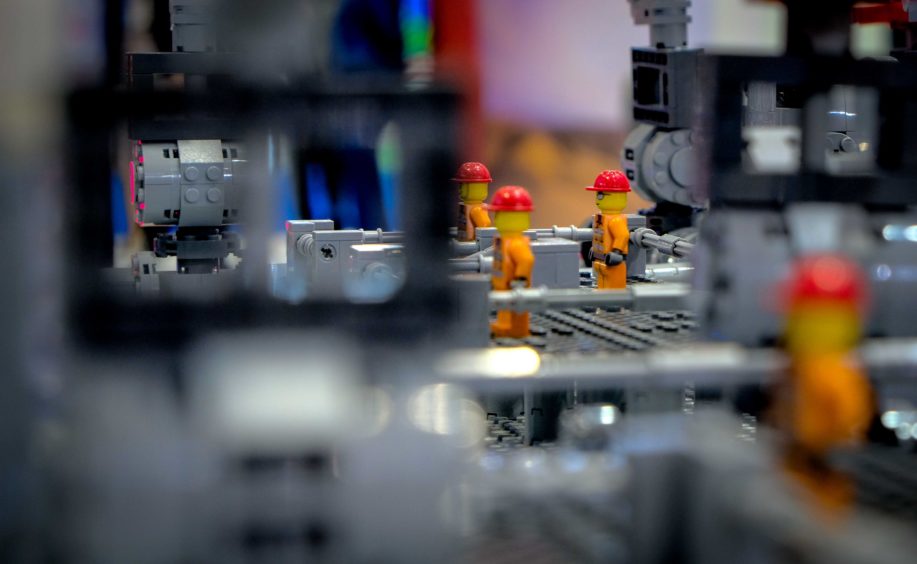
The world-famous Danish toy brand Lego will continue to use oil-based plastics in its signature bricks as it found the alternative caused higher carbon emissions.
Looking to use alternative materials to the oil-based ABS it currently uses, Lego announced in 2021 that it was testing a prototype made from recycled plastic bottles.
Currently, the oil-based material is used in 80% of the products the family-owned business produces every year.
The Financial Times reported Lego’s chief executive, Niels Christiansen, said that bricks made from recycled polyethylene terephthalate (RPET) would produce more carbon emissions than its oil-based counterparts due to new equipment being needed for the recycled plastics.
The toy maker has decided to work on the carbon footprint of ABS as at the moment the material currently needs about 2kg of petroleum to make 1kg of plastic.
Initially, Mr Christiansen said plans for cutting emissions were ” to find this magic material or this new material” that would be more sustainable. However, after testing “hundreds and hundreds of materials,” Lego has ruled that it has “not been possible.”
Before this realisation, the firm looked to remove all petroleum-based plastics in the circa. 20 materials it uses by the start of the next decade.
The firm has now explained that the outlook for its carbon-cutting journey has a little more nuance.
“It’s not going from being 0 to 100 per cent sustainable from one day to the next,” says the firm’s boss. Lego looks to phase in “bio materials” or recycled plastics in years to come.
The firm looks to slash emissions by 37% compared to 2019 figures by 2032 under this new outlook.
“It’s better to reuse than recycle. So we’re looking at a circular business model,” explained Lego’s head of sustainability Tim Brooks.
He added: “It’s quite a shift in thinking and ideas,” as the firm looks into the revenues of recycling its bricks.
Recommended for you

